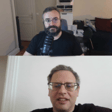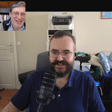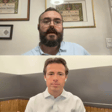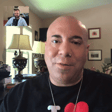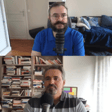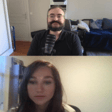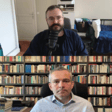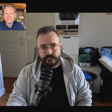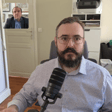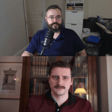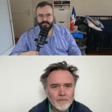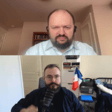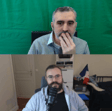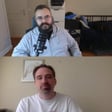
Ep 17 - John Coogan, Lucy/TBPN/Founders Fund - The Insane State of Nicotine Regulation in the US
On this episode of the Sphere Podcast, Pascal-Emmanuel Gobry, Publisher of Sphere Media, talks to John Coogan. John is the founder of Lucy, a non-tobacco nicotine products company, and TBPN, and an Entrepreneur-in-Residence at Founders Fund.
John and PEG discuss the irrationality of the way nicotine is regulated in the US and how that makes life harder for entrepreneurs and, more importantly, makes it harder to get people to quit smoking.
Subscribe to the PolicySphere Morning Briefing: https://policysphere.com/subscribe
Follow John on X: https://x.com/johncoogan
Subscribe to the Sphere Podcast on Apple Podcasts: https://podcasts.apple.com/us/podcast/sphere-podcast/id1780831168
Subscribe to the Sphere Podcast on Spotify: https://open.spotify.com/show/48eWEcxSYDyrgjC3lO0EJZ
Subscribe to the Sphere Podcast on YouTube: https://www.youtube.com/channel/UCB2gs2TBXeP7vyn9QUaaxjQ
